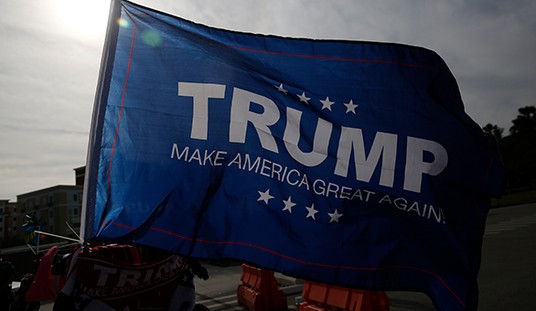Through the years, Congress has passed numerous laws. It's hard to keep up with exactly what is and isn't legal nowadays, though most of us manage to figure out the broad strokes.
As bad as that is, federal agencies have been empowered by Congress to essentially create new laws with the stroke of a pen. These regulations have the force of law but are created by faceless bureaucrats rather than our elected representatives. This has created issues regarding guns, the environment, commerce, and pretty much every aspect of American life. Now, an organization is doing something about it.
No, the Firearms Policy Coalition isn't the only one that has tried, but it's the one taking action at the moment:
Firearms Policy Coalition (FPC) announced the filing of a brief with the United States Supreme Court in the case of FCC v. Consumers' Research, which is set to address the question of when and how Congress may delegate its authority to administrative agencies. The brief can be viewed at FPCLaw.org.
“Amici have a particular interest in this case for two reasons. Amici litigate cases in federal court around the country, and the question added by the Court concerning the availability of mootness exceptions is of great importance to Amici,” the brief explains, as “firearms cases frequently risk becoming moot, and the contours of the mootness doctrine are thus extremely important to Amici. Of even greater import to Amici is reigning in unconstitutional delegations of legislative power. Individual liberty, including the right to keep and bear arms, is routinely violated under the guise of broad delegations to administrative agencies.”
“The Supreme Court should affirm the Fifth Circuit’s ruling in this case and make clear that only Congress can make federal law,” said FPC President Brandon Combs in a statement. “Congress may not continue to unconstitutionally delegate its law-making power to federal agencies like the ATF to abuse peaceable gun owners throughout the United States.”
FPC Action Foundation President Cody J. Wisniewski added, “This case presents the Supreme Court with an opportunity to correct course and restore the protections that are inherent in the Constitution through our Nation’s separation of powers.”
Recommended
Look, I understand why Congress started empowering federal agencies to create regulations. Passing laws is time-consuming, and a lot of times, it's just not going to happen even when it probably needs to. By allowing agencies to enact regulations and interpret law, they can be more agile and, arguably, less beholden to political whims.
But that's not what happens.
Plus, as we've seen, federal agencies like the ATF aren't above overstepping their authority. We saw what it did with the bump stock and pistol brace bans.
This goes beyond the surface of the case the Supreme Court is potentially looking at. There are ramifications that could impact pretty much every aspect of American life. From the ditch in your front yard not being unilaterally declared a navigable waterway to not having your guns suddenly deemed illegal because some bureaucrat got a wild hair up his butt.
Or do people actually want someone like another Joe Biden to ban their gas stoves and heaters?
























